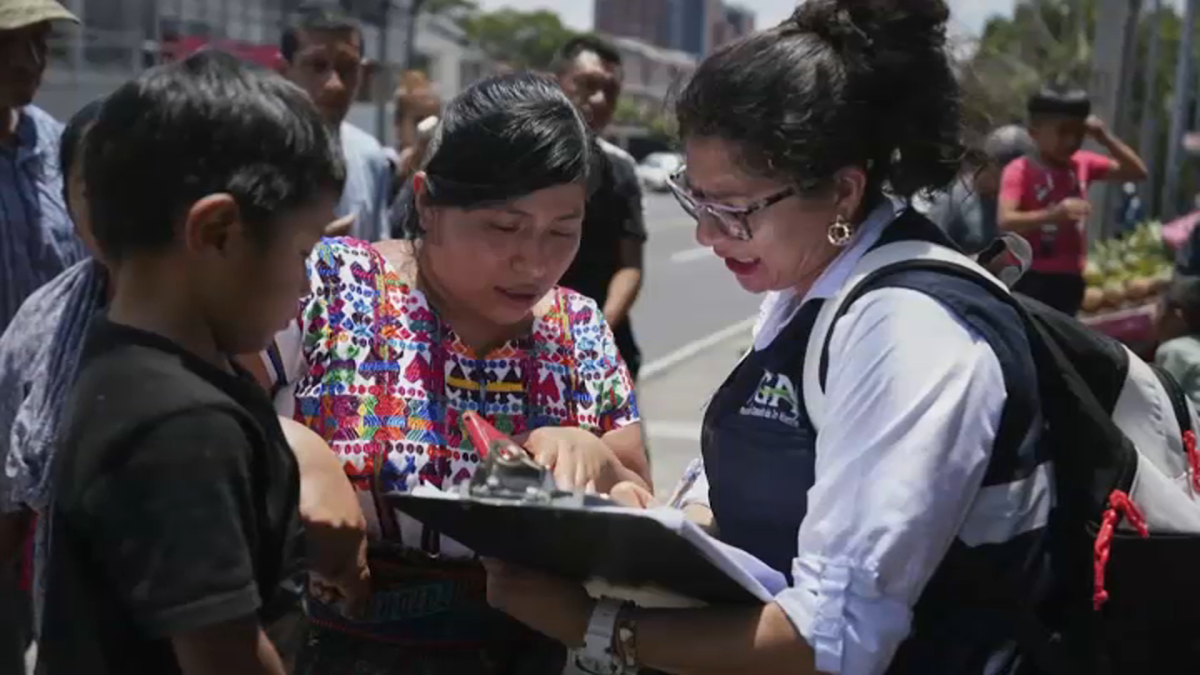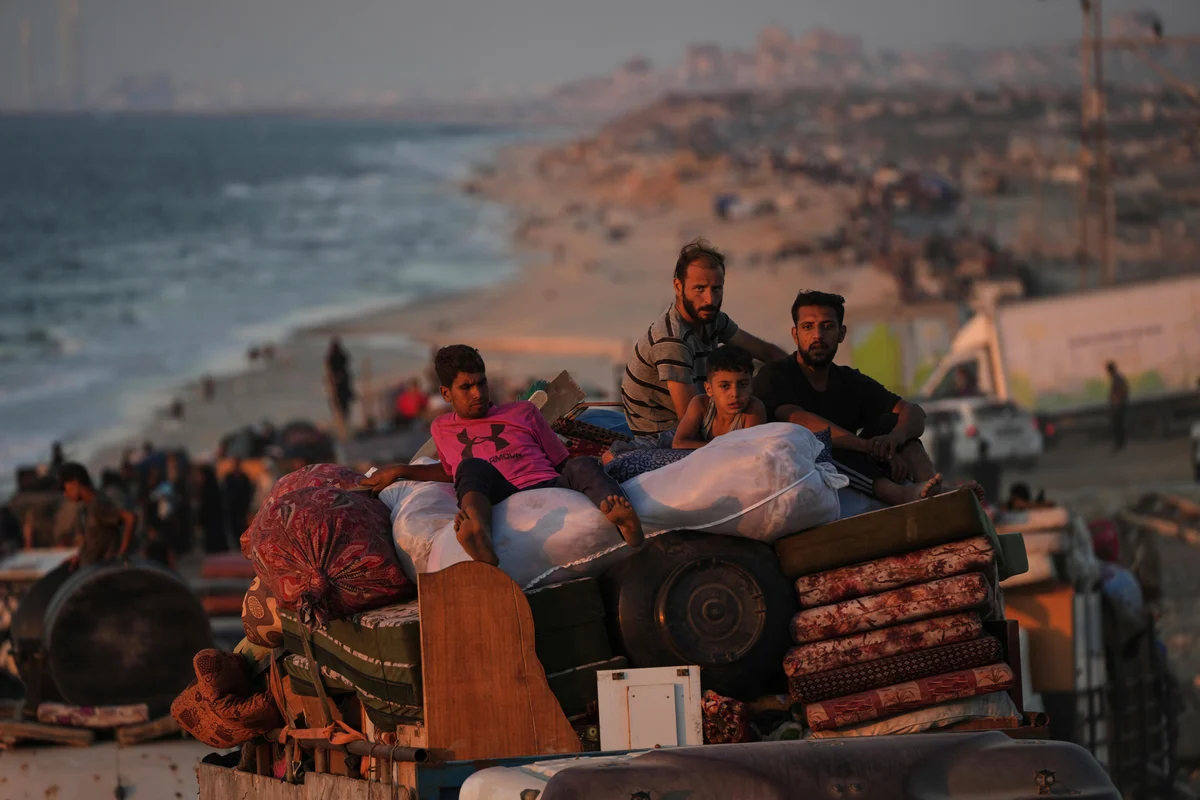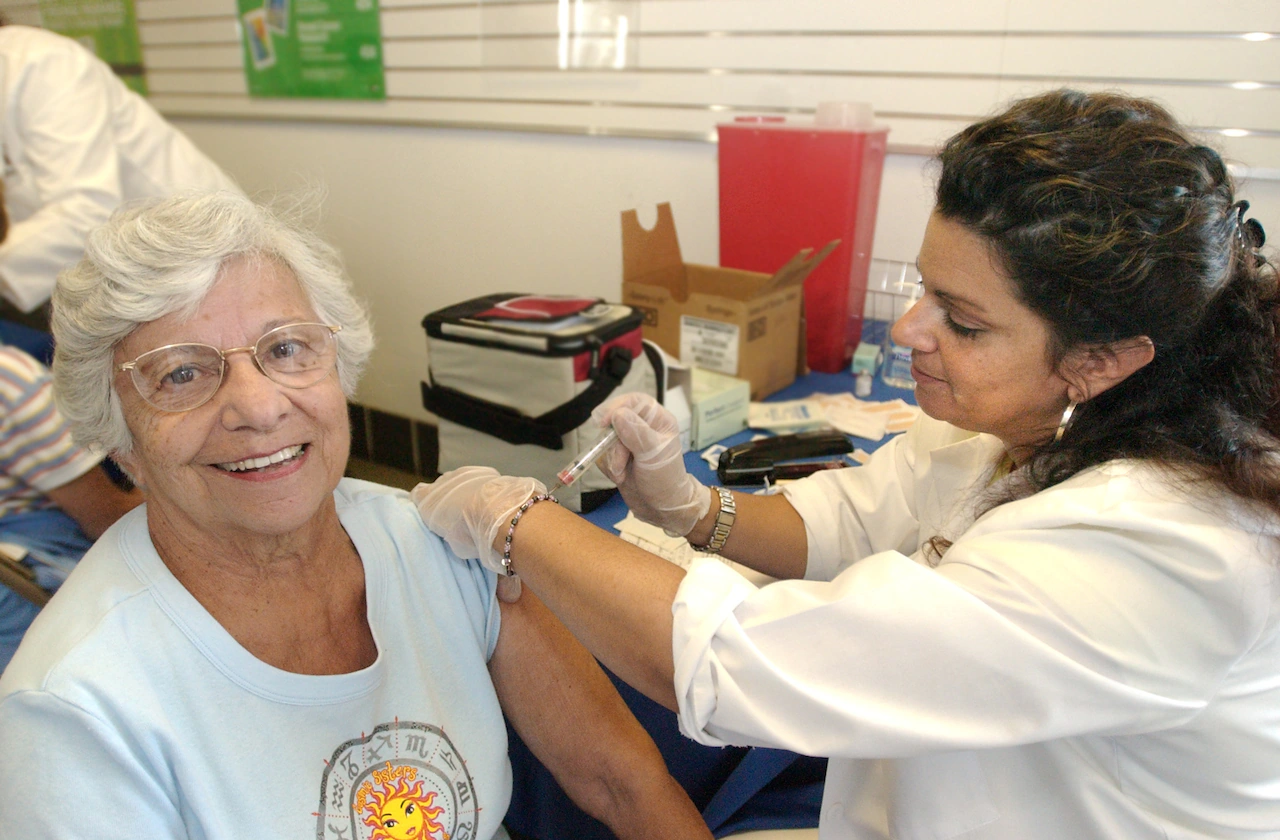
As protests and immigration arrests continue here in Chicago, there’s a legal fight unfolding in federal courts across the country over the Trump administration’s plan to deport more than 300 unaccompanied children to Guatemala.
The children, all minors – many of whom are believed to have crossed the border illegally and are now in U.S. custody of the Health and Human Services Department – have expressed concern and do not want to return, their attorneys said in court filings reviewed by NBC 5 Investigates.
The ongoing legal fight began right here in Chicago over Labor Day weekend and has since expanded to a total of three federal lawsuits – all of which seek to stop the Trump administration from deporting children whose attorneys say don’t want to be returned to their native countries and – in some cases – fear harm if they are.
So far, federal judges – include those in D.C. and Chicago – have filed temporary restraining orders and injunctions that temporarily bar the Trump administration from deporting the children while the lawsuits play out in court.
A status hearing in the Chicago case is set for Oct. 7.
A spokesman for the U.S. Attorney’s office in the Northern District of Illinois did not respond to a request for comment Friday afternoon.
Laura Smith, an immigration attorney with the Children’s Legal Center here in Chicago, represents four Guatemalan teens who are in the custody of the federal government’s Office of Refugee Resettlement – the federal agency tasked with providing care and custody of unaccompanied minors who encountered immigration.
“They’re four Guatemalan teenagers, none of which want to go home, all of which have options here to apply for permission to stay. And so we filed the litigation to allow them to stay and pursue that, pursue that relief,” Smith said.
Just four weeks ago – Smith described to NBC 5 Investigates the last-minute legal filings aimed at stopping their deportations and the conversations she had with some of the teens when news broke that they might be returned to their native countries.
Asked to characterize their responses, she said: “Terror, absolutely. Terror not fully understanding why me, why in the middle of the night… just terror.”
Television news footage from south Texas showed the unaccompanied children who entered the U.S. illegally getting off the aircraft in Texas that the Trump administration said it was planning to use to deport them back to Guatemala.
Angie Salazar, the acting director of the Office of Refugee Resettlement, said in a D.C. court filing that the request to have the children returned came from the Guatemalan government and that it was “Our understanding based on that meeting is that Guatemalan officials believed their citizen nationals should be placed with their families rather than in prolonged U.S. government custody.”
In issuing his ruling, a federal judge in D.C. wrote that the government’s explanation “crumbled like a house of cards,” adding that there was “no evidence before the Court that the parents of these children sought their return.”
With the injunctions in place – it essentially acts as pause button on deportations while the cases play out in court.
In a letter sent last week to the chairman and ranking member of the Senate Judiciary committee, attorneys representing whistleblowers within the Office of Refugee Resettlement challenged the acting director’s statements “that 327 children identified for return to Guatemala had been screened” and “would not be subject to child abuse and neglect, including human trafficking, torture and other forms of violence, upon return to Guatemala.”
The whistleblowers believe “at least 30 and possibly more children… have indicators of being a victim of child abuse, including death threats, gang violence, human trafficking and/or have expressed fear of return,” the letter states.



